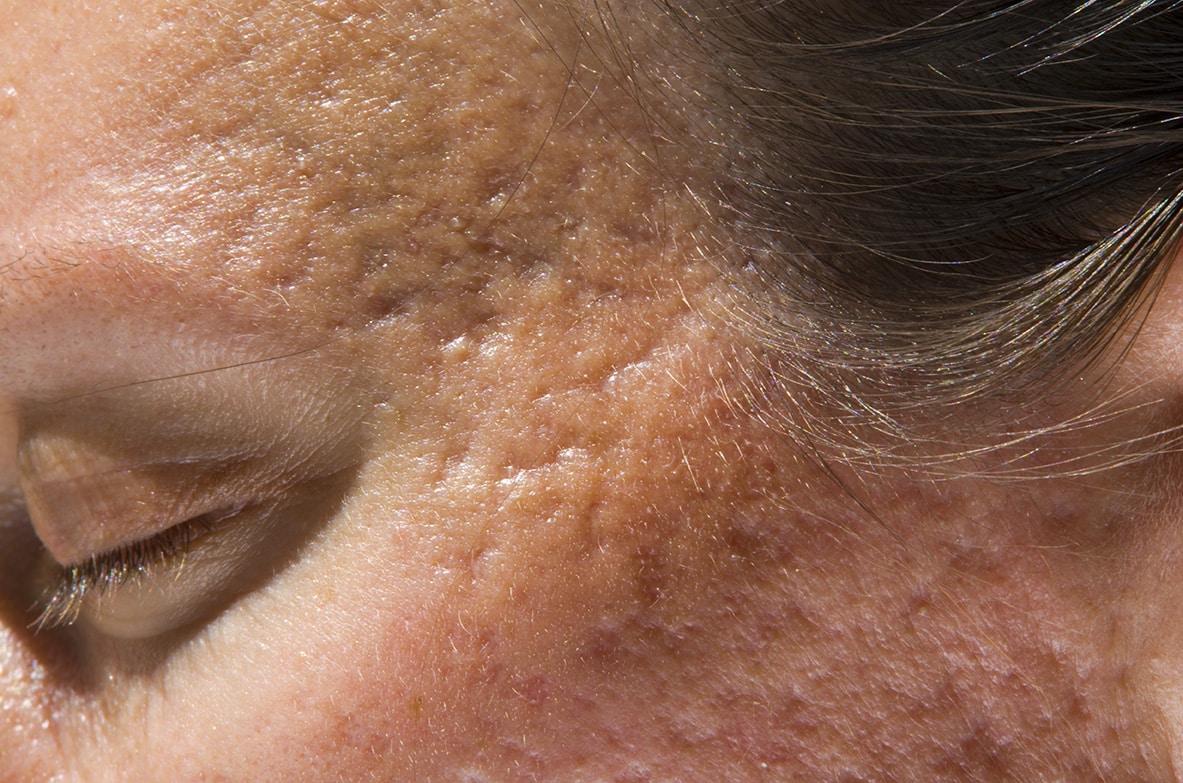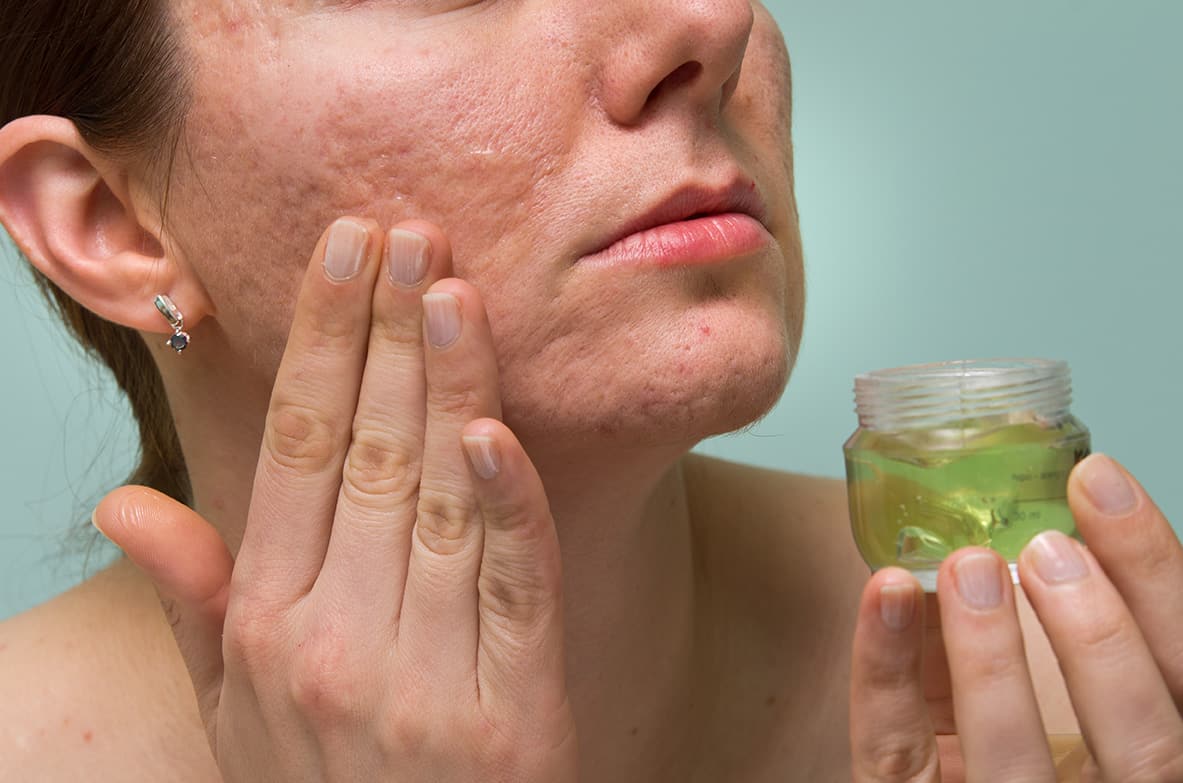Are acne scars permanent?

Acne is something everyone has dealt with, especially during their adolescence. Some had a mild form of it, while others had to deal with severe acne that spread not just on their face but their body as well.
One good thing about acne is that it is harmless. It is a mild skin irritation that goes away over time. However, for those suffering from severe acne should consider getting professional help.
After your acne clears up, sometimes it doesn’t completely go away. Scars, a ghost of where the blemishes once were remains on your face and body; serving as a grim reminder of the past.
Are acne scars permanent?
Acne scars are permanent. For some people with severe scarring, especially on their face, their self-esteem takes a hit, along with their confidence.
But thanks to the advancement of modern technology and medical science, you don’t have to live with these scars for the rest of your life.
There are plenty of ways for you to treat your acne scars. Dermatologists can help you find the treatment that can restore your skin’s natural look and help you gain back some of the confidence that you lost.
However, prevention is always better than cure. Once you notice yourself breaking out, it’s important to start treating the acne right away. Some of the more popular ways to get rid of acne include:
- Over the counter drugs and ointments. Ointments with active ingredients like salicylic acid are a popular choice for people who want to rid themselves of their blemishes. These are a popular option for folks looking for a quick and easy fix to their acne problem. Using ointments and other types of over the counter medication are almost always effective.
- Dermatologist treatment. There are dermatologist treatments that can help you get your acne under control. This is especially important for those with severe acne. They can help you manage the acne and help prevent scarring.
- Natural remedies. Using natural oils are a safe and cost-effective way to treat your acne, as some of the active ingredients in over the counter drugs can be found in household products. A good example is lactic acids. These are also found in apple cider vinegar, offering a more affordable option.
Before starting on any type of treatment, make sure that your skin won’t have an allergic reaction to it. For skincare products, you can first test it out on a small part of your skin and observe the reaction before trying it on the actual area.
Types of acne scars
- Ice pick scars. Also known as atrophic scars, these are depressed scars that resemble narrow, deep pits. They are similar to a surface of ice repeatedly poked by an icepick, hence the name. Unfortunately, home remedies cannot rid this type of scarring. You will need to talk to a professional and they can recommend the best course of action.
- Boxcar scars. This type of scarring is similar to the ice pick scar. They both consist of depressed pits, but boxcar scars have a round or oval shape with vertical edges. It also has a wider surface compared to icepick scars.
- Rolling scars. Another depressed acne scar, rolling scars slope across your skin. They give a rougher appearance to the skin and are larger than the first two types of scars with a measurement of 4 to 5mm.
- Keloid scars. Depressed scarring is easy to conceal, as most people can use cover up to hide the blemishes. However, keloid scarring is more challenging. These scars have a raised appearance and are often larger than the original acne blemish. They are very noticeable and are more common in dark-skinned individuals. Steroid injections are a popular way to get rid of them.
- Hyperpigmentation. Hyperpigmentation is not so much a scar, but more of your body’s reaction to repairing your skin cells. They are often dark or lighter marks on your skin where the acne used to be. Colours range from pink to red or brown. In most cases, hyperpigmentation will clear on its own, but there are products in the market that can help speed the process. In the meantime, this can easily be covered up with concealer.





